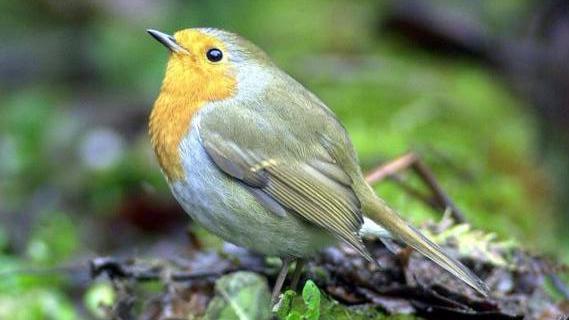Home / Environment / Tragic Robin's Death Sparks Calls to Ban Cruel Glue Traps
Tragic Robin's Death Sparks Calls to Ban Cruel Glue Traps
9 Oct
Summary
- Robin died after getting stuck on a glue trap
- Glue traps still widely available despite recent ban
- RSPCA wildlife center unable to save the injured bird

On October 9th, 2025, an animal charity in the UK reported the tragic death of a robin that had been caught on a glue trap. The bird was brought to the RSPCA's East Winch Wildlife Centre in Norfolk, still alive but severely injured after flying into a house and becoming stuck to the device.
Last year, the use of such traps without a pest control license was banned in England. However, the glue traps - commonly used to catch mice and rats - can still be widely found on sale. The RSPCA has been dealing with a number of similar incidents, including a pigeon and small mammals like hedgehogs becoming trapped on the adhesive surfaces.
The center's manager, Evangelos Achilleos, described the robin's death as "heart-breaking." He explained that even if birds are released from the traps, the damage to their feathers means they are unable to fly and survive in the wild. The RSPCA had previously warned that the traps cause unnecessary suffering when used to control pests.
Achilleos urged retailers to remove the glue traps from their shelves, saying they are "not humane" and calling for further action to restrict their availability and educate the public. He emphasized that the only way to achieve meaningful change is through collaborative efforts to address this ongoing welfare issue.




